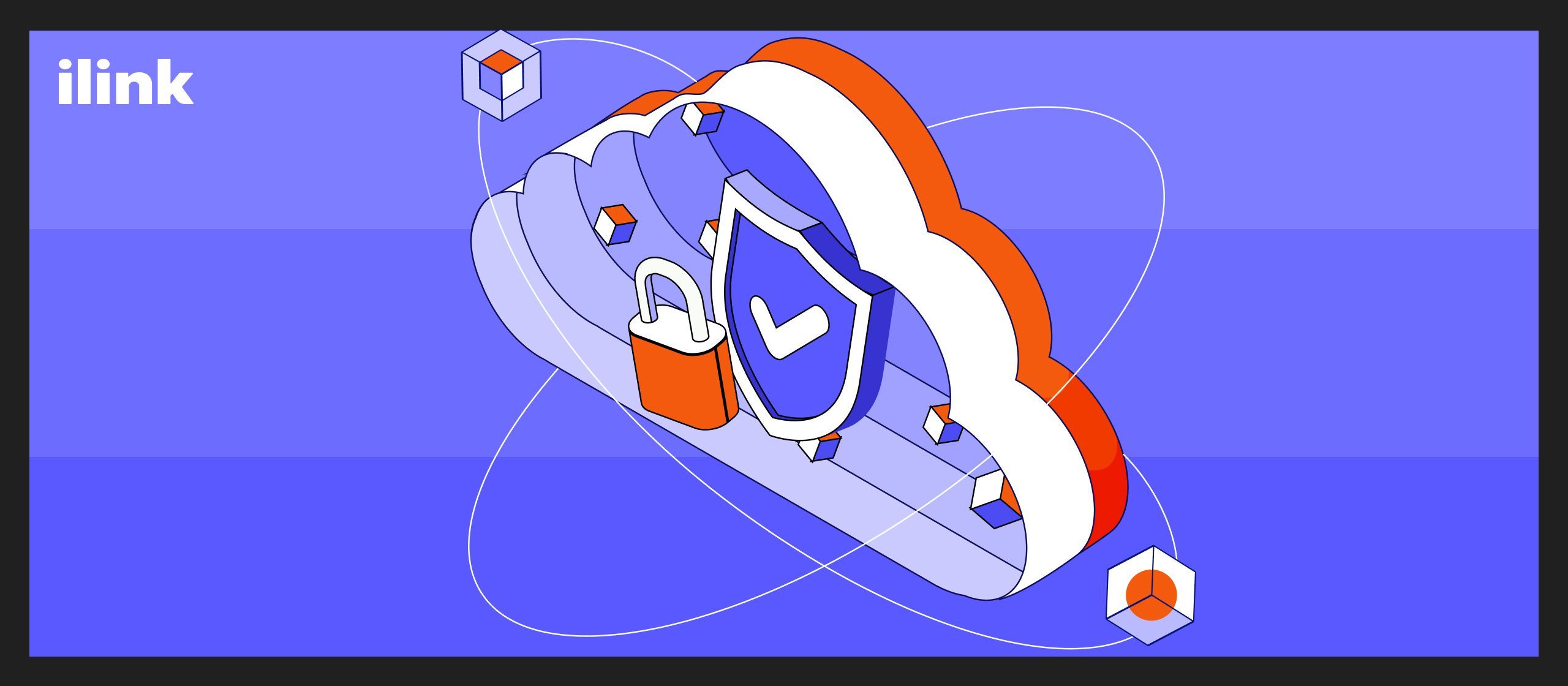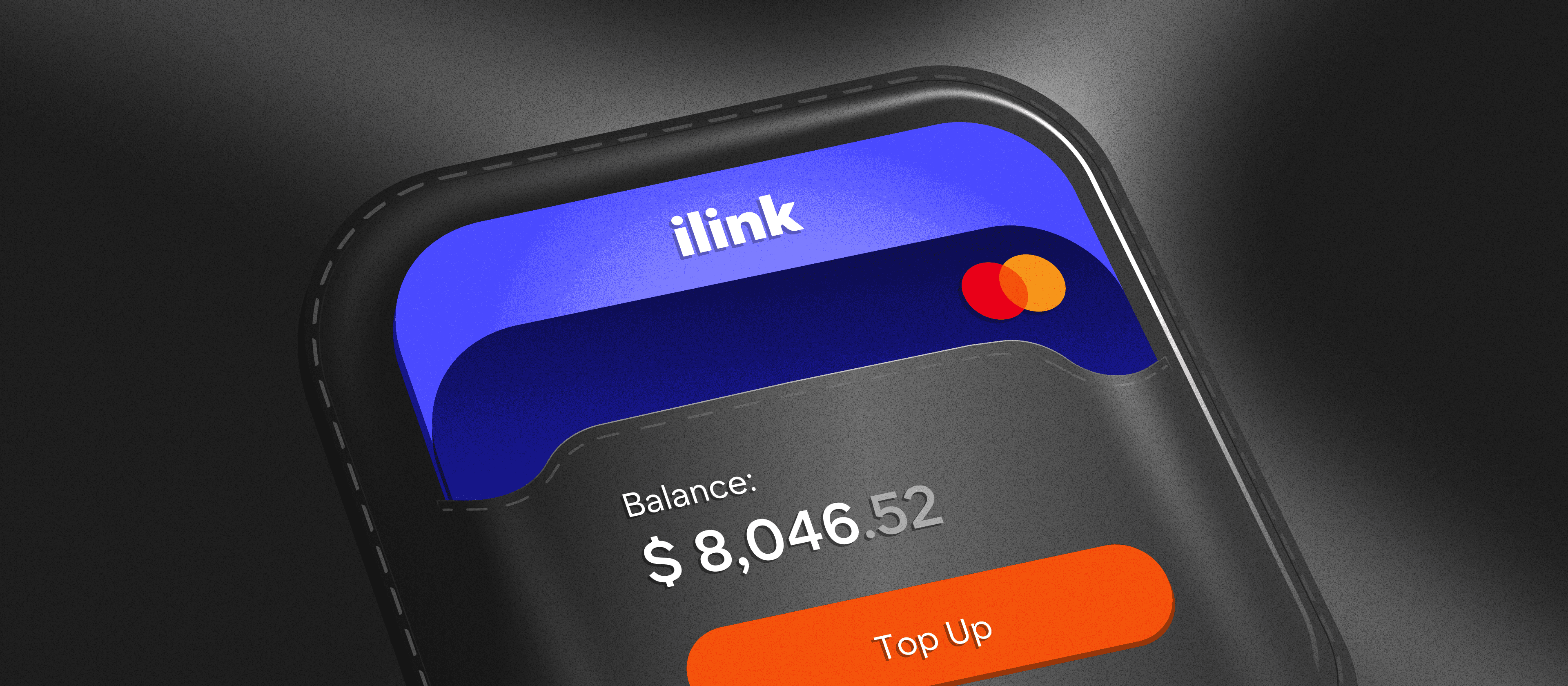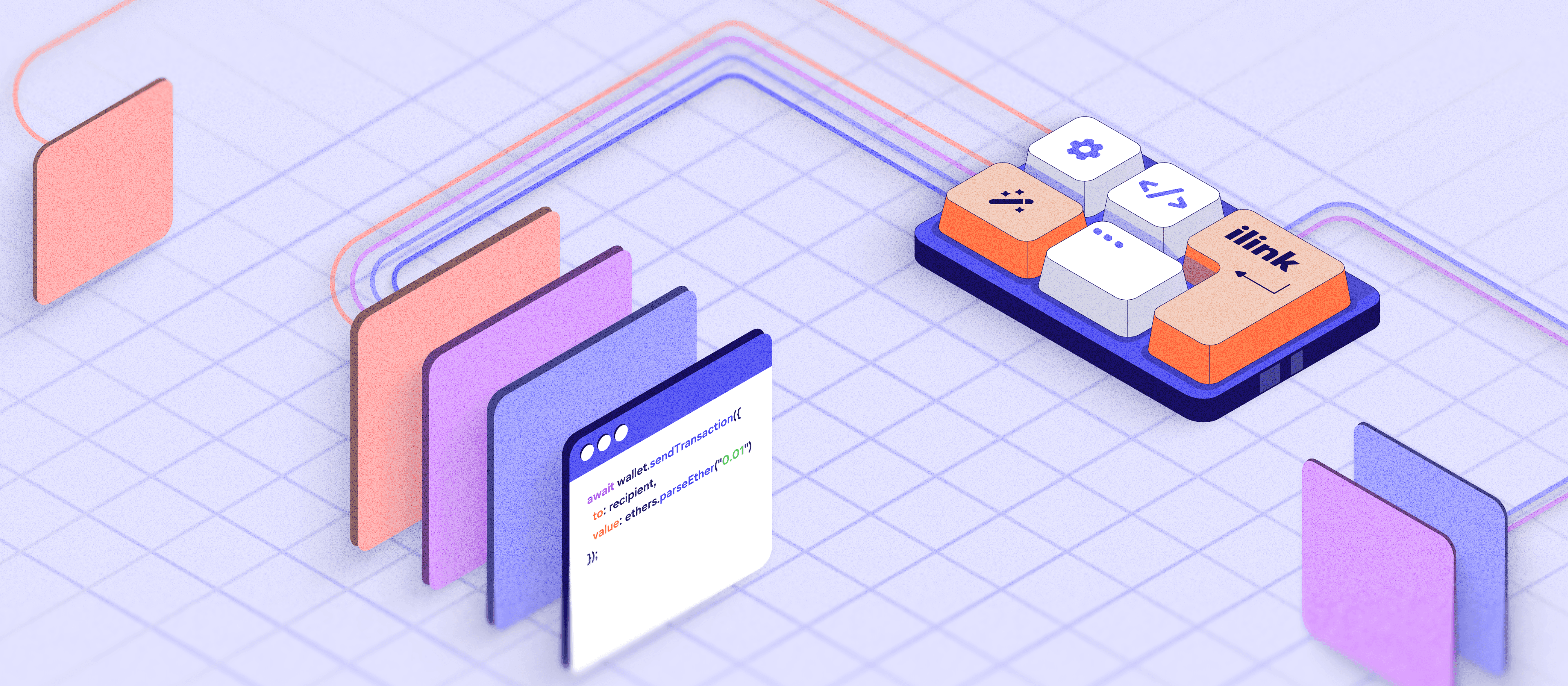How to Write a Smart Contract
What Is a Smart Contract
A smart contract is a computer program that represents an agreement between parties. It automatically monitors the fulfillment of obligations and, based on this, makes a decision: to complete the transaction or to impose a fine on the party that violated some condition of the contract. The conditions to be fulfilled are described in complete mathematical terms. The program code is written on a decentralized platform and cannot be changed after it has been digitally signed by both parties. Learn more about how smart contracts work.
The development of smart contracts requires certain skills and abilities. Undoubtedly, every developer has their own way of development. However, there are certain skills that you cannot do without. If you are inspired by the idea of learning how to make a smart contract, we are here to answer questions that would be of interest to beginners.
While writing this article, we asked smart contract developer Artem about his work. To make the article more informative, we will complement it with his answers.
Before You Start, You Should Understand the Stages of the Process
— Artem, can you walk me through the smart contract development process?
— Of course! A detailed analysis of each stage could be an entire book’s worth of content, so let's look at them briefly. The work starts with gathering requirements. Next comes the architecture design, including front-end and back-end. Then, smart contracts are written. After that, we test and deploy to the testnet.
The development process is clear, but what about the programming languages? In order to improve interaction and coordination between users, many new blockchain platforms are developing their own smart contract languages. Solidity is the main programming language used by many decentralized applications based on the Ethereum blockchain. However, it should be noted that it is not the only example.
— Artem, which development tools do you use?
— I use Solidity for programming smart contracts, Hardhat as a development framework, Jest and Tenderly for testing.
Even in the early stages of development, we were interested in whether it was possible to protect ourselves from potential problems in advance. It's important to be prepared for everything, right?
— What are the limitations or problems you usually encounter when developing smart contracts, and can they be predicted?
— The main difficulty is that once a smart contract is deployed, in most cases it cannot be modified. This imposes certain limitations. Therefore, you should be very careful when writing the code. It should work properly and be well tested.
What Else You Should Pay Attention to in the Development Phase
We know the stages of development, the required programming languages, and the problems you may encounter. Now, in addition to writing good and well thought-out code, let's look at what else you should pay attention to in the development phase.
— How do you deal with bugs in smart contracts and do you have strategies to minimize them?
— It is certainly possible to minimize bugs. Testing and external smart contracts auditing help me to do that.
— Can you talk about any notable optimizations you have made to improve the efficiency of smart contracts?
— Recently, we typed the writing of tests, which significantly accelerated their writing.
We also assigned Artem an important task to help beginners in contract development.
— Artem, what advice can you give to novice developers that will simplify the process of their work?
— The most important advice I would give to novice smart contract developers is to study more theory. It doesn't sound fun. However, writing smart contracts is fraught with many pitfalls. That is why it is so important to immerse yourself in the theory.
Once We Build a Smart Contract, an Equally Important Phase of Testing Begins
— How do you ensure the security and integrity of your smart contracts?
— We ensure security through effective testing and external auditing.
— How do you test smart contracts before deployment?
— It is important for me to fully cover the code with tests and to include manual testing in the process.
— What security auditing techniques do you use?
— We use software analyzers (like Slither) and external manual analyzers.
Need help designing or auditing a smart contract?
Request a consultation with our team.

Finalization
As we can see, testing smart contracts is very important. The fact is that smart contracts are open source software, which means that any hacker can study their code and find "holes" to use to break a smart contract. In addition, as we mentioned in the article above, once you create and deploy your smart contract, it will be almost impossible to change it. Testing is the last chance for the developer to eliminate possible defects and bugs.
Summing up how to create a smart contract, we draw your attention to the fact that it requires careful consideration and attention to detail. It involves a clear understanding of the development process, required programming languages, and potential problems that may arise. Testing and external auditing are crucial to ensure the security and integrity of the smart contract. Moreover, studying the theory is essential for novice developers to avoid common pitfalls. Overall, developing a smart contract can be a challenging but rewarding process that requires skill, patience, and diligence to ensure its successful deployment and operation.
For novice smart contract developers, it is important to study the theory thoroughly before diving into the practical aspects of development. This includes understanding the underlying concepts and principles of blockchain technology, as well as the programming languages and tools used in smart contract development. Moreover, it is crucial to write well-structured and well-tested code to minimize bugs and ensure the security of the smart contract. Seeking guidance from experienced developers and participating in online communities can also provide valuable insights and help solve potential problems. Finally, always prioritize testing and external auditing to ensure the security and integrity of the smart contract before its deployment to the blockchain network.
Comments (0)
Latest Posts
Crypto payment processing in 2026: accept stablecoins/crypto, track confirmations, manage wallets, run payouts, and automate reporting, plus ilink’s ready-made platform.
Launch crypto & stablecoin payments fast: learn how crypto processing works end-to-end, where it’s used this year, and how deploy a secure platform in 2 weeks.
Looking for secure smart contract development or review?
Get expert guidance from our blockchain developers.




